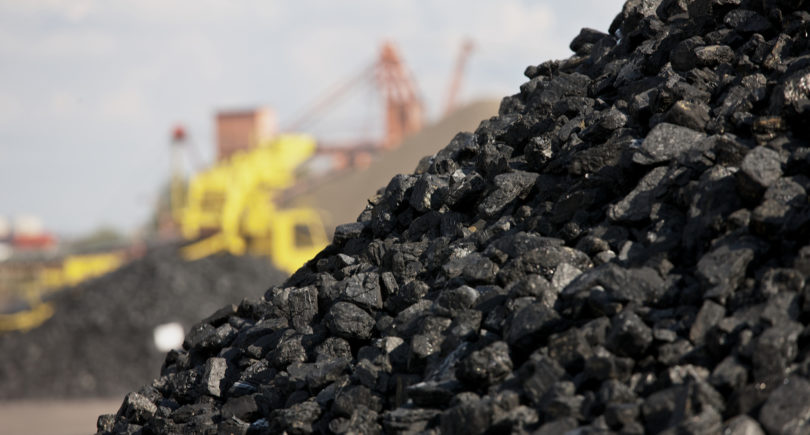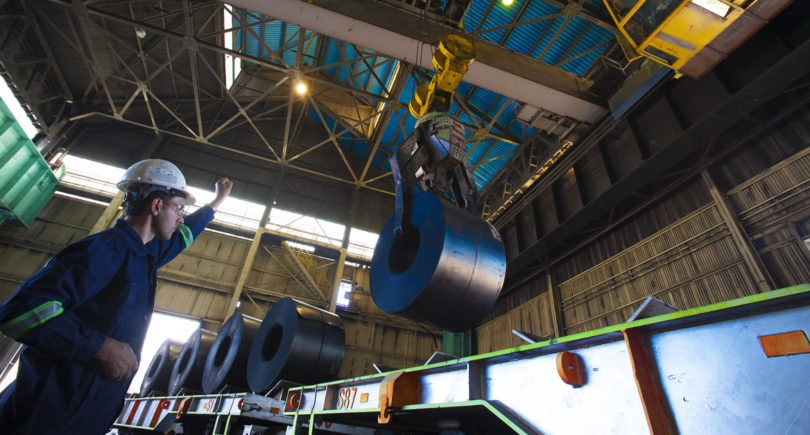
News Global Market decarbonization 938 10 November 2023
Industrialists are in favor of maintaining the existing target for the creation of CO2 storage facilities at the EU level
The lack of CCS (carbon capture and storage) infrastructure is a major risk to industrial decarbonization and the EU’s climate ambitions. Industry organizations and representatives of the European industry warn about this in an open letter published by the European Steel Association (EUROFER).
In their view, insufficient development of infrastructure for carbon capture and storage could lead to massive job losses due to plant closures and increased dependence on imports.
The Net-Zero Industry Act (NZIA), proposed by the European Commission, sets a target for the available CO2 injection and storage capacity. These capacities must be increased so that by 2030 it will be possible to inject at least 50 million tons of CO2 per year.
The goal should be achieved through the imposition of obligations on entities that have the appropriate permission to create CO2 storage facilities. These storage facilities can be built on the territory of the EU – in its exclusive economic zones or on the continental shelf.
«We welcome the setting of this EU target as a key enabler to launch the European CO2 Network, which will be essential to the EU’s industrial decarbonisation and vital to achieving its climate targets,» the letter said.
The signatories believe that the NZIA is a great opportunity to ensure that much-needed CO2 storage capacity is properly developed, while ensuring a proportionate contribution from oil and gas companies.
However, they ask the EU to make sure that the Net-Zero Industry Act’s target for CO2 injection and storage capacity protects the bloc’s efforts to industrialize and achieve a just transition for all.
Representatives of industry associations and European industry consider it necessary to maintain the target for the EU in the NZIA for sufficient CO2 injection capacity at the level of at least 50 million tons per year (there is an opinion that this target is too ambitious).
In addition, the signatories point out that, according to the EC’s initial proposal, the target will be adjusted after the law is incorporated into the European Economic Area (EEA). They call on EEA countries to accelerate efforts to implement the NZIA as soon as possible, and express concern that the target as currently quantified could be extended to EEA countries without any adjustments, although logically the inclusion of new countries would require an increase.
According to the signatories, if the existing CO2 storage target is extended to the European Economic Area without adjustments, it will create investment risks and slow down the deployment of projects to build the relevant infrastructure in the EU.
As GMK Center reported earlier, EUROFER believes that the effectiveness of CBAM is still to be confirmed – the initial stage will be crucial for assessing the reliability of the mechanism




